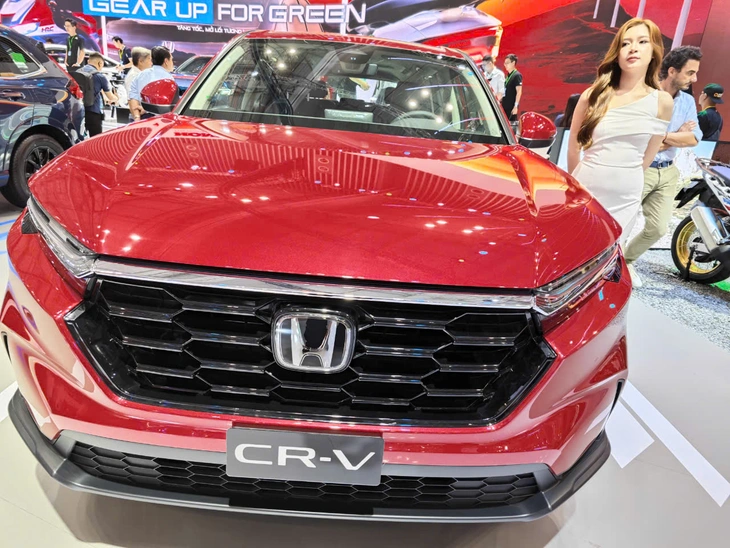
According to VAMA, new vehicles meeting Euro 5 standards will not be affected by Hanoi's low emission zone - Photo: CONG TRUNG
Cars sold by VAMA meet Euro 5 standards
On September 15, the Vietnam Automobile Manufacturers Association (VAMA) released information to the press, affirming that all new vehicles of member enterprises meet Euro 5 emission standards, higher than the regulations in the draft of Hanoi's low emission zone (LEZ), so there will be no restrictions on circulation.
Previously, many customers expressed concerns about Hanoi's preparation to implement LEZ according to Government Directive 20.
Currently, VAMA has 17 member enterprises, including many big names in the market such as Ford, Honda, Toyota, Mercedes-Benz, Mitsubishi, Isuzu, Hino, Daewoo Bus Vietnam, Truong Hai ( Thaco ), VEAM, Vinamotor, Mekong Auto...
These are all manufacturers, assemblers and distributors of popular car models in Vietnam. According to VAMA, the application of LEZ does not mean a "ban" on gasoline vehicles as some people fear, but mainly aims to gradually limit old vehicles that do not meet emission standards.
Meanwhile, new car models sold by VAMA members currently meet Euro 5 standards, even exceeding the draft's requirements, so customers can completely rest assured when using them.
The draft resolution of the Hanoi People's Council sets out a specific roadmap from July 1, 2026, to apply low-emission zones within the Ring Road 1.
From January 1, 2028, it will expand to Ring Road 2.
By January 1, 2030, continue to deploy in areas within Ring Road 3.
After 2031, other areas will be considered depending on actual conditions.
This is a step-by-step roadmap, designed to give people and businesses time to adapt, while encouraging the use of environmentally friendly vehicles.
How do countries proceed?
According to VAMA, the conversion from internal combustion engine vehicles to green vehicles in countries around the world is carried out on a long-term roadmap, lasting 20-25 years and with many intermediate steps.
Thailand aims for 100% electric vehicles by 2035, but that comes with a subsidy policy of 120 - 160 million VND per vehicle and a reduction in special consumption tax for hybrid and electric vehicles.
Indonesia plans to ban all internal combustion engine vehicles by 2040. EU countries and Japan are not making a sudden change, but will first adopt Euro 5 and Euro 6 emission standards, encourage hybrid vehicles, and then move towards the goal of universalizing pure electric vehicles.
Based on these international experiences, VAMA believes that Vietnam also needs a reasonable roadmap that both ensures the goal of reducing emissions and avoids shocking the market and consumers. The Association recommends that the Government soon issue policies to support the development of charging station infrastructure, tax incentives for hybrid and electric vehicles, and apply a 5-year conversion roadmap to ensure stability for both businesses and people.
"We are committed to accompanying the Government and the consumer community in the green transformation process, and continuously updating policy information so that people can clearly understand" - VAMA representative emphasized.
According to VAMA, it is important to build a long-term conversion roadmap, suitable to Vietnam's socio-economic conditions, to both contribute to reducing pollution and ensure the rights and peace of mind of vehicle users.
Source: https://tuoitre.vn/vama-xe-moi-dat-chuan-euro-5-se-khong-bi-anh-huong-boi-vung-phat-thai-thap-ha-noi-20250915150517504.htm






![[Photo] Lam Dong: Images of damage after a suspected lake burst in Tuy Phong](https://vphoto.vietnam.vn/thumb/1200x675/vietnam/resource/IMAGE/2025/11/02/1762078736805_8e7f5424f473782d2162-5118-jpg.webp)

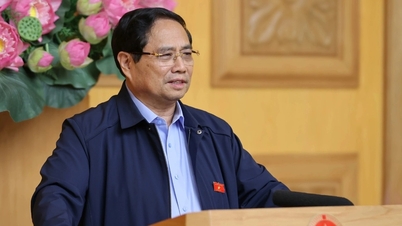



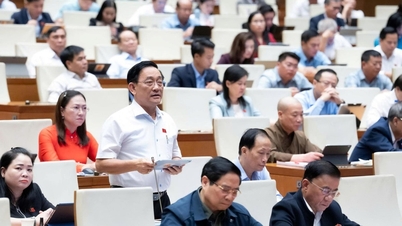





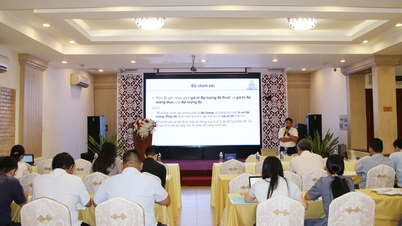

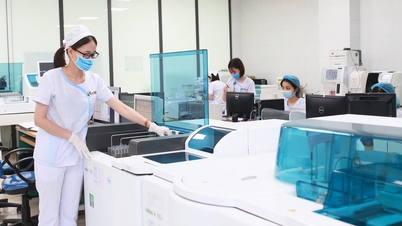


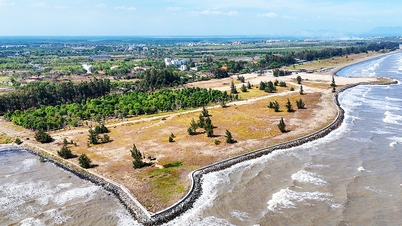

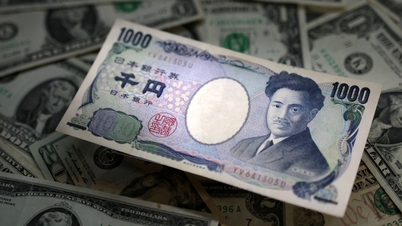







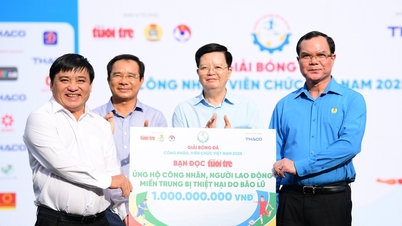
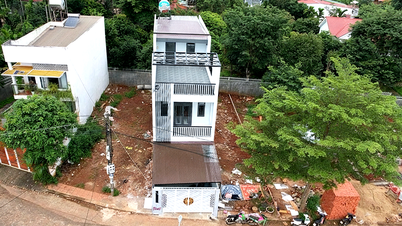


![[Photo] Prime Minister Pham Minh Chinh chairs the second meeting of the Steering Committee on private economic development.](https://vphoto.vietnam.vn/thumb/1200x675/vietnam/resource/IMAGE/2025/11/01/1762006716873_dsc-9145-jpg.webp)





































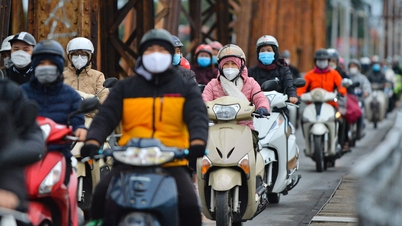




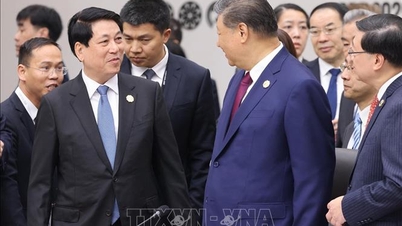

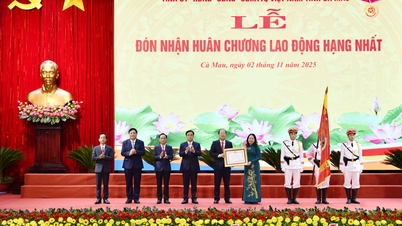

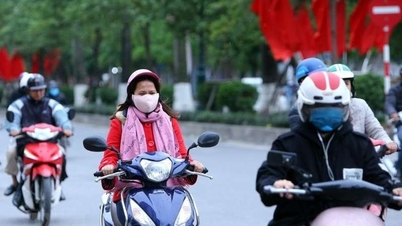

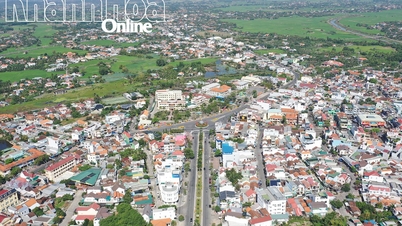

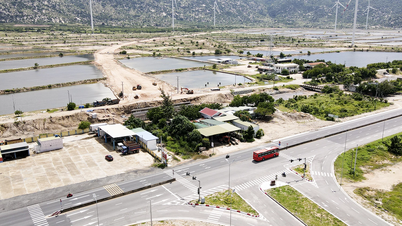
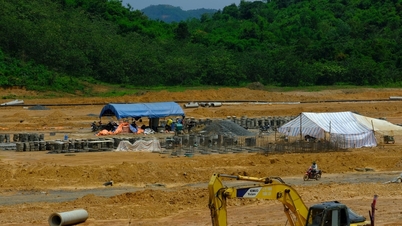

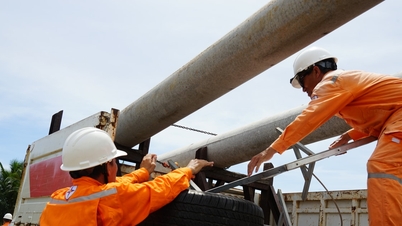
















Comment (0)